When understanding the significance of Ramadan, beyond just fasting, Mughees Qureshi offers valuable insights into the significance of Ramadan, focusing on its spiritual, physical, and mental aspects. As an experienced copywriter and blogger knowledgeable about Islamic traditions, he provides essential nutritional guidance for sustaining energy and enhancing well-being during fasting. His article covers key foods that support a fulfilling fasting experience, merging practical dietary advice with a deeper connection to Ramadan’s essence. Enjoy the read!
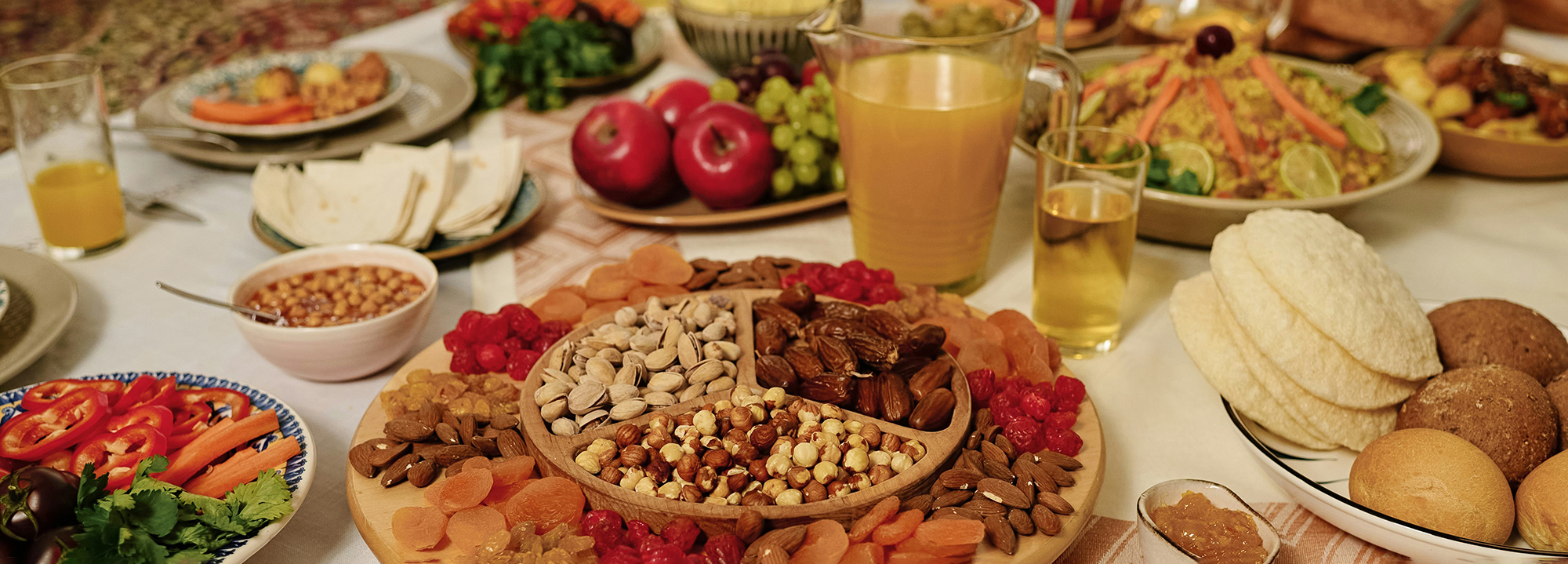
The blessed month of Ramadan is a time for believers to submit themselves to Allah, Subhanahu wa ta’ala (SWT), and refrain from innate pleasures. It is a time for reflection, meditation, and denial of basic needs. Denying materialistic desires allows us to purify our souls. It also helps us empathise with those less fortunate than us, who regularly bear the discomfort of hunger and thirst.
Sawm, or fasting during Ramadan, is the fourth pillar of faith. All healthy and able Muslims who are of age must refrain from eating, drinking, and indulging in carnal pleasures from dawn till dusk throughout the whole month. Fasting strengthens our faith and teaches us self-restraint and discipline.
The Holy month of Ramadan is a gift from Allah (SWT). It is a time for us to ponder deeply regarding the meaning of our existence as we are forced to confront the reality of our situation in the presence of physical discomfort caused by lack of food and drink.
Fasting teaches us tremendous lessons, which is why it is present in one form or another in most major religions worldwide.
Additionally, Ramadan brings with it innumerable blessings. All our good deeds are multiplied. The month is the perfect time to seek Allah (SWT) ’s forgiveness and refrain from a life of sin and indulgence. We must prepare for Ramadan to gather all its blessings. Check here for important information regarding Ramadan 2025. While extra worship and dhikr during this month can nourish our souls, it is important to note that we must alter our diets to get additional nourishment for our bodies.
Fasting takes a toll on the body. It is a physically demanding exercise that greatly limits our dietary intake. This is, however, normal and even desirable. How else can we empathise with those who do not get enough food unless we, too, experience the sharp pangs of hunger or thirst? Fasting reminds us of our privilege.
What we can do is improve our diet and incorporate nutritious foods that make us resilient and better equipped to deal with deprivation. Here are the top foods that will nourish our bodies and allow us to fast effectively throughout the month of Ramadan:
Dates are a rich source of nutrition. They contain carbohydrates, proteins, fibre, and essential vitamins and minerals. Even in small amounts, dates provide a boost of energy. We can have Almonds and Dates Bars at Iftar. They are rich in antioxidants, and their high fibre content aids digestion.
Adding dates to diet has proven health benefits. They are great for heart health, improving brain functioning, and strengthening the bones. Dates deliver the perfect amount of energy and nutrition needed during fasting. They are also the best food to carry around anywhere and can be eaten on the go.
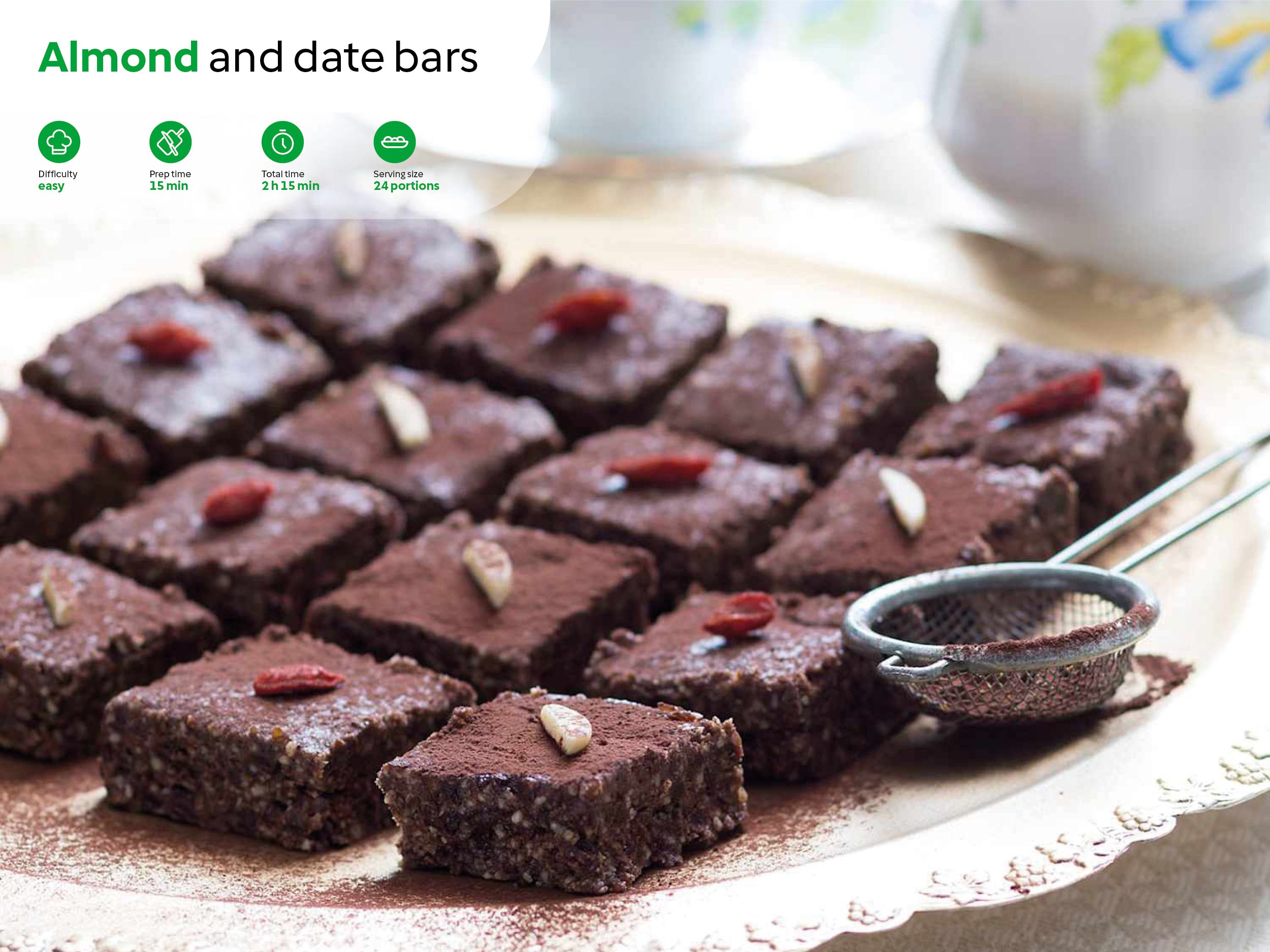
Whole grains are an essential part of any healthy diet and are necessary for gaining the right amount of carbohydrates. White rice, corn, barley, rye, quinoa, and millet are all whole grains that form an integral part of various cuisines worldwide like this Chicken and Barley Soup.
Consuming whole grains boosts heart health, prevents cancer, improves digestion, and proves beneficial against type 2 diabetes. Whole grains are particularly helpful in maintaining blood sugar levels that can fluctuate widely when we fast and eat after a lengthy duration of time.
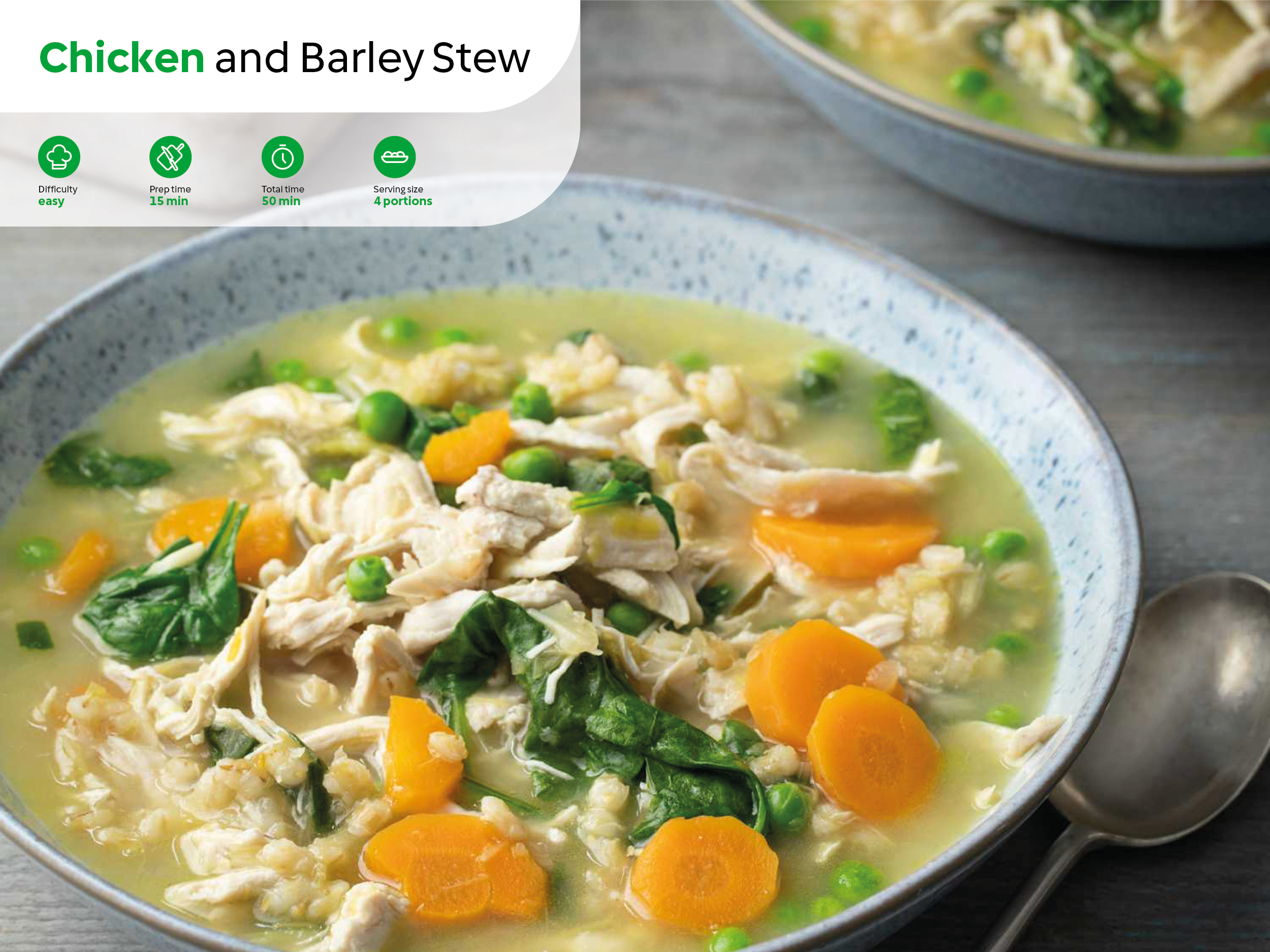
Like dates, nuts and dried fruits may be small but pack a lot of power. Nuts like almonds, walnuts, cashew nuts, pine nuts, and pistachios are a great source of protein necessary for cell repair and rejuvenation. They also provide many important vitamins and minerals and are among the best sources of omega-3 fatty acids, which are great for the heart and the brain. A great recipe everyone loves for Iftar is Energy Bars with Cereals and Dried Fruit.
There are many different types of nuts and dried fruits, and you can mix them to create a healthy snack. You can consume nuts and dried fruits before or after meals and even incorporate them into meals. They are a versatile addition to any diet.
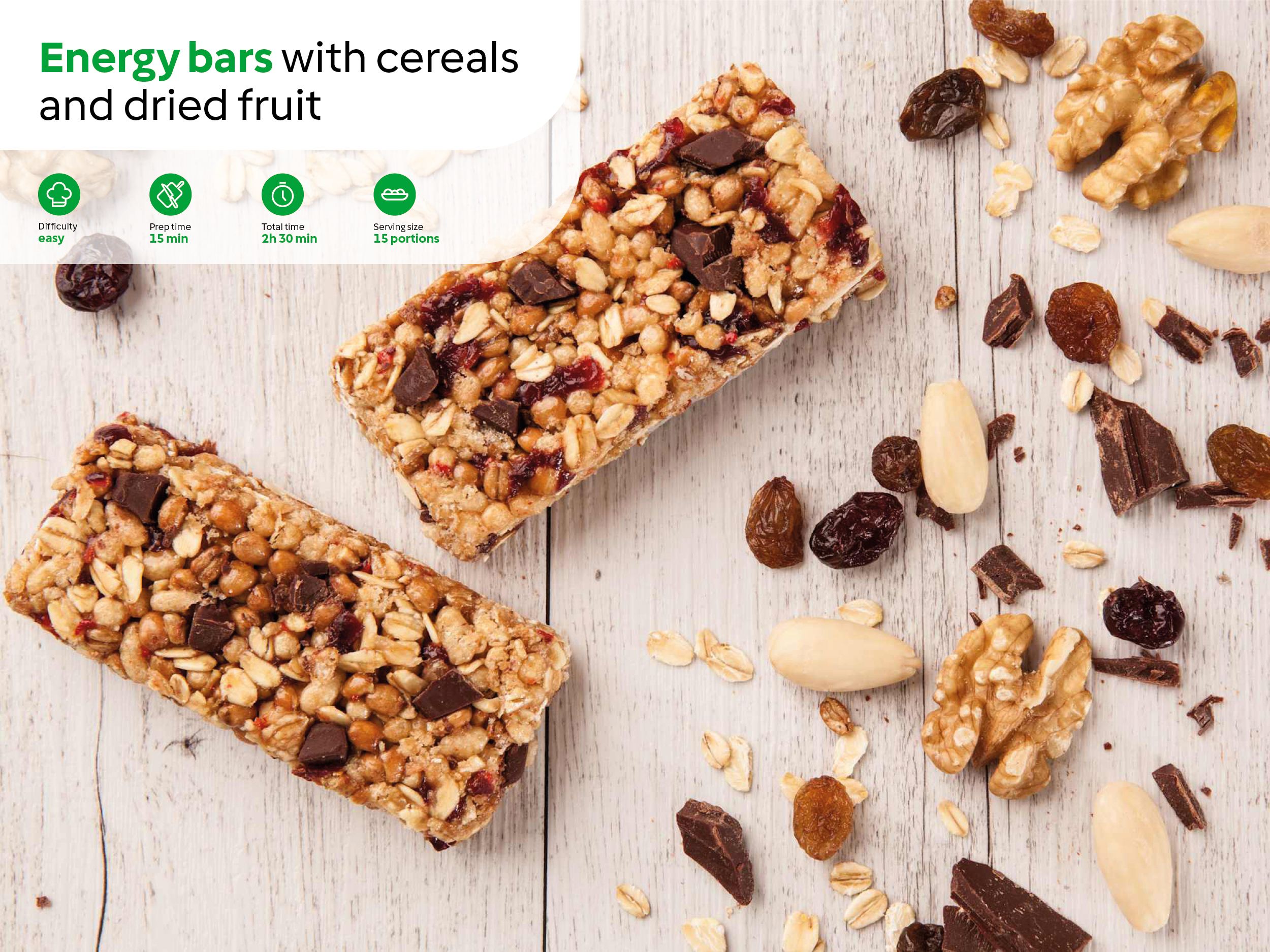
Chickpeas, lentils, peas, red kidney beans, and soybeans are just some of the types of lentils and legumes you can get and incorporate into your diet. These are rich in proteins, carbs, fibre, and minerals. Legumes are incredibly versatile as you can cook them alone or make soups, gravies, and other meals. They are an excellent way to get the necessary nutrition while you are fasting like this delicious Curried Lentils from Cookidoo.
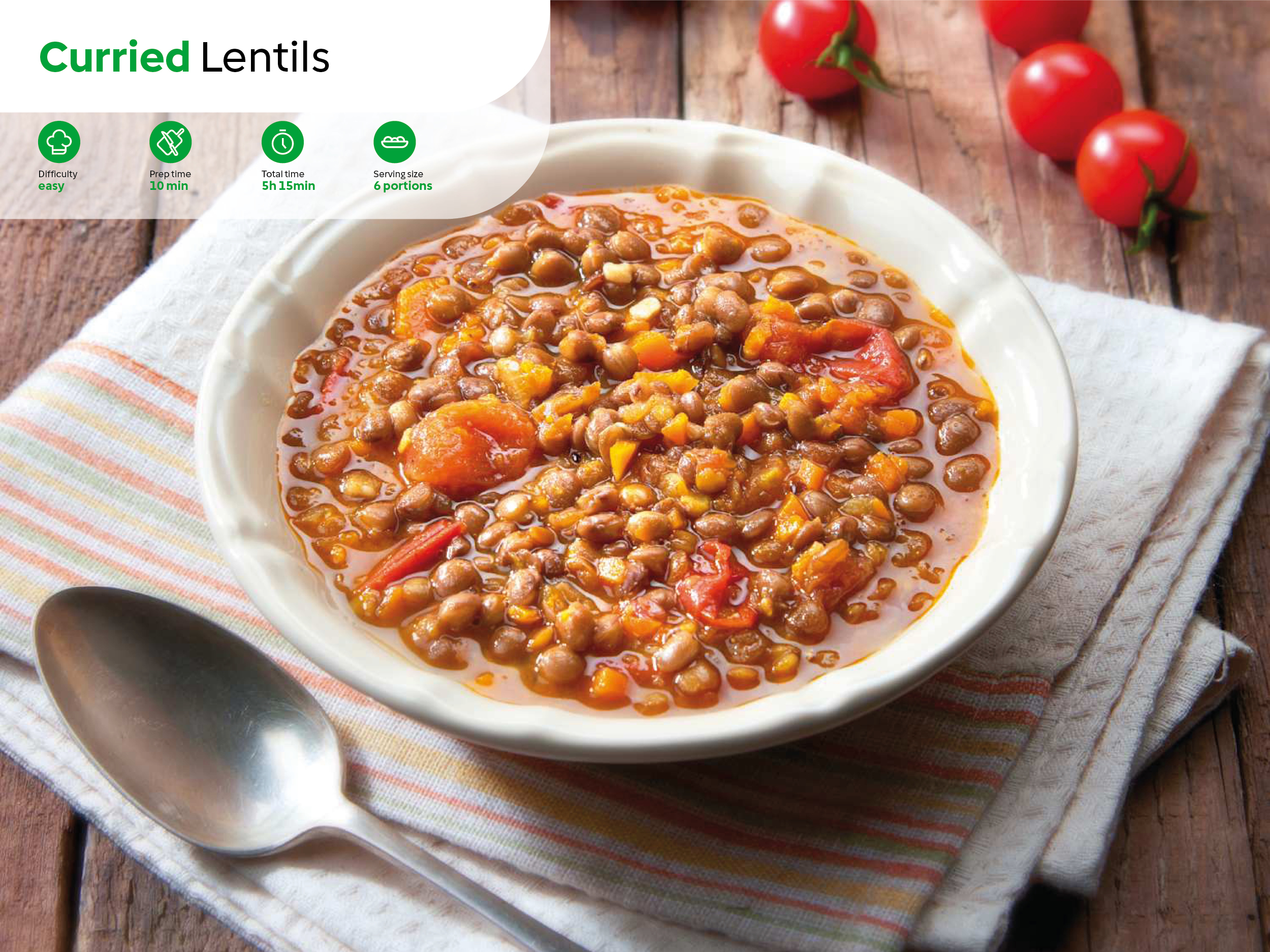
You may experience digestion issues and discomfort while fasting. A drastic change in how we consume food will likely impact our digestive system and not in a good way. This is why consuming yoghurt during suhoor and Iftar is very helpful. Aside from being rich in proteins and calcium, yoghurt is full of probiotics. These are the good bacteria needed to help digest food. Yoghurt can be used to make dishes or eaten on its own. It is a delicious way to preserve gut health while fasting. There are several yoghurt recipes on Cookidoo that you can try starting with a plain one if you are just starting and add more flavour and flare once you’ve mastered it.
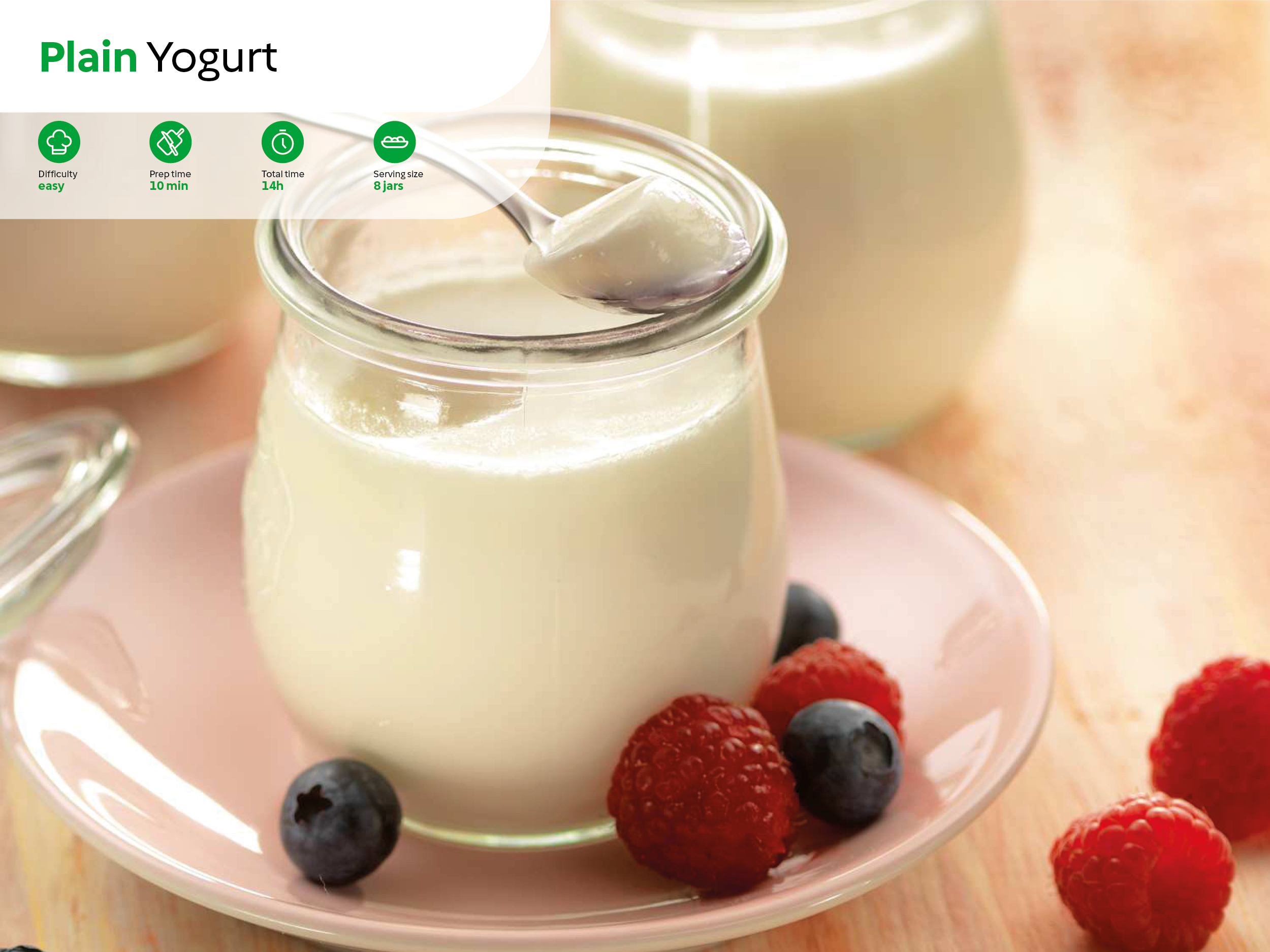
We gain nutrition not only from what we eat but also from the way we eat. While fasting, we need to be extra careful about the food we consume since our body is under stress. While nutritious food is necessary, we should also be cautious about the quantity we consume.
The Holy Prophet (SAW) always ate in moderation. Keeping an adequate appetite is best because it is healthy for the body. As per the Sunnah of the beloved Prophet (SAW), we should eat and drink with our right hands and always say ‘Bismillah’ before beginning any meal.
To fully benefit from fasting during Ramadan, we must follow the example of the Holy Prophet (SAW) and his companions (رَضِيَ ٱللَّٰهُ عَنْهُ). The food we eat must be simple, healthy, and consumed in moderation. It is best for our body and our soul.

Mughees Qureshi provides copywriting services and writes quality articles and blogs. He is experienced in writing on topics related to all domains and has impactful knowledge. He occasionally writes articles for Muslims and Quran.
Easily contact him at: http://www.linkedin.com/in/mughees-qureshi-
If you're passionate about sharing your ideas, experiences, and expertise with our incredible community of readers, we invite you to become a guest author. This is your chance to shine, inspire, and make a positive impact through the power of the written word.
What We Are Looking For
We encourage a wide range of topics and writing styles, provided they align with the overall theme and values of our blog. Whether you want to share personal experiences, offer expert advice, explore thought-provoking ideas, we welcome your contributions.
Guidelines for Guest Submissions
To ensure the best possible experience for both our contributors and readers, we kindly ask you to adhere to the following guidelines:
Send us your details on blogger@thermomix-me.com and we will get back to you as soon as we can.
Let's join forces to create something extraordinary together!
WhatsApp us
Complete our booking form, and we will get in touch with you to arrange the details of your free demonstration.

Current round complete! The next chance to win a free week with Traveling Thermomix® is on the horizon. Subscribe to our newsletter for updates regarding the next round.
Follow us on social media for the latest updates on Traveling Thermomix® and upcoming chances to win a free week. Stay connected and don’t miss out!